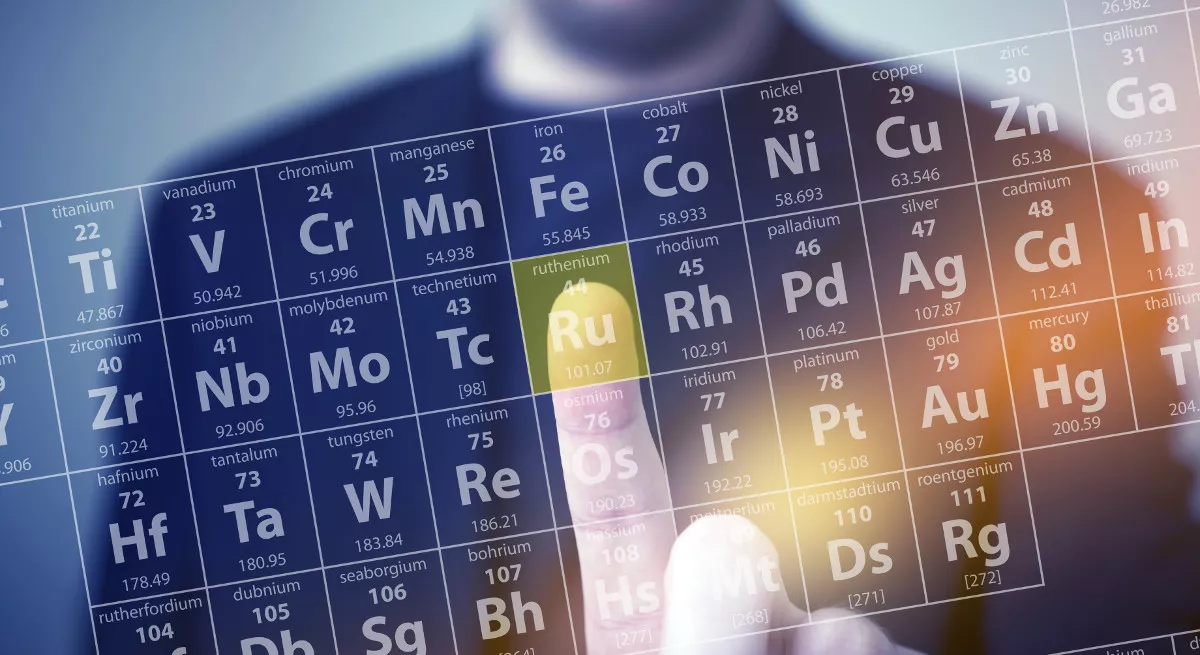
The chemical formula of Barium nitrate is Ba(NO3)2. It is an inorganic compound also known as Nitrobarite or dinitrate or Barium salt. Nitrobarite is widely used in pyrotechnics. Ba(NO3)2 is a good oxidizing agent and burns with a green-colored flame. It is a white crystalline solid and it increases the burning of combustible elements, but itself is a non-combustible compound.

How do you Identify Barium Nitrate?
Here we discussed some properties of Ba(NO3)2 that helps you to identify this compound:
- Chemical Formula: Ba(NO3)2
- Molar mass: 261.33 g/mol
- Refractive Index: 1.5659
- Density: 3.24 g/dm3
- Boiling Point: 83°C
- Melting point: 592°C
- Vapour Pressure: Low
- Solubility: Highly soluble in water (Can you burn water?)
- Appearance: Crystalline solid
- Color: White
- Odor: Odorless
What is Nitrobarite Used For?
Nitrobarite is used in the manufacturing of barium oxide-containing minerals, used in detonators, green signal lights, making paints, making ceramic glazes, making explosives, and also used in tracer bullets and primers.
It is also used as an oxidizing agent, used as rodenticide, and used as blowing agent and propellant.
How do we Prepare Barium Nitrite?
Barium nitrate can be prepared by using two methods:
Method 1:
Firstly, mixing the BaCO3 or Barium carbonate with HNO3, nitric acid. when they react, iron impurities precipitates are formed. Then impurities are removed by using different filtration techniques. When the impurities elute out, the mixture that is left behind undergoes evaporation. Finally, the crystallization is done, and obtain pure barium nitrate which is widely used in industries.
Method 2:
A secondary method is also used for the production of nitrobarite. In this method, barium sulfide is chemically reacted with nitric acid at a high temperature. The barium nitrate Ba(NO3)2 decomposes to barium oxide, nitrogen dioxide, and oxygen.
2Ba(NO3)2 → 2BaO + 4NO2 + O2
What are the Health Hazards of Barium Nitrate?
Inhaling of Barium nitrate can cause irritation. Swallowing results in:
- Colic
- Tremors
- Vomiting
- Diarrhea
- Salivation
- convulsive
- Hard pulse
- Elevated blood pressure
It may also cause hemorrhages in the kidneys, intestines, and stomach.
[quiz-cat id=”3998″]



Leave a Reply